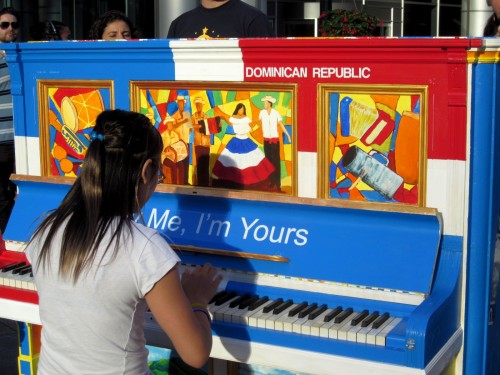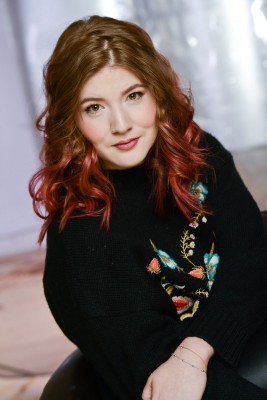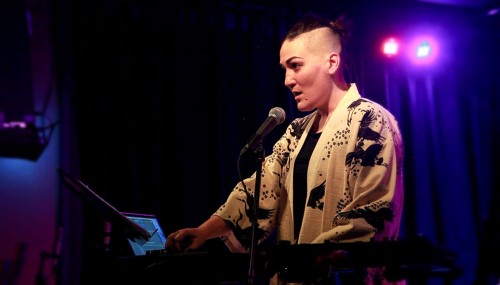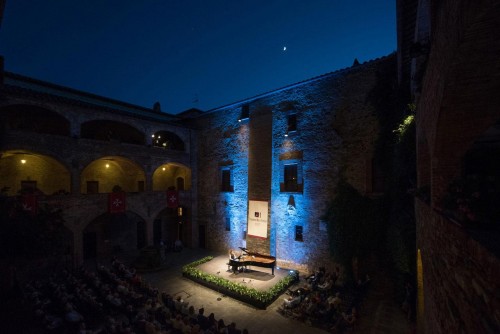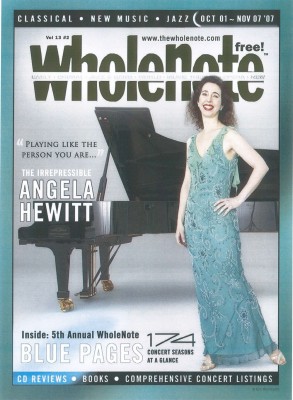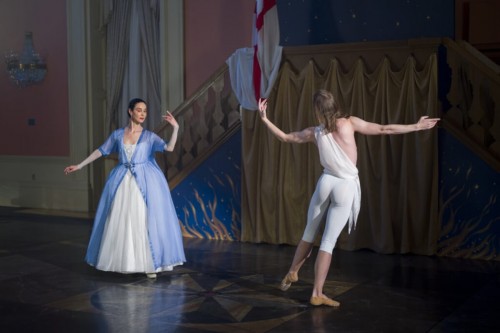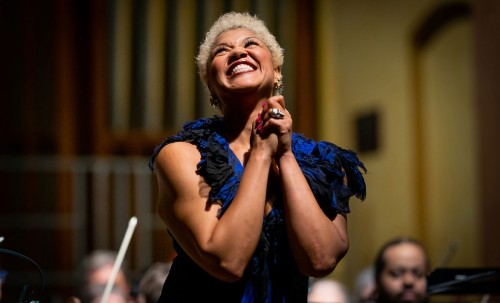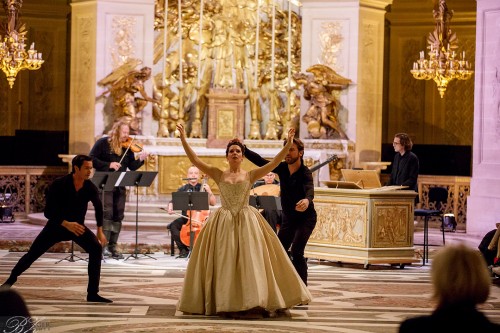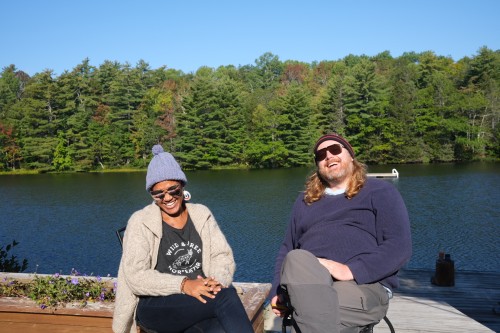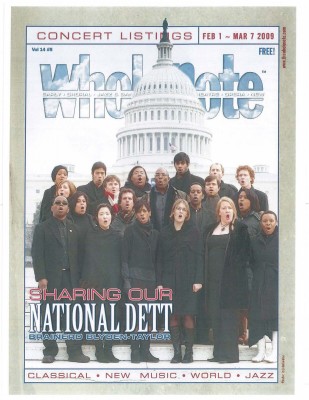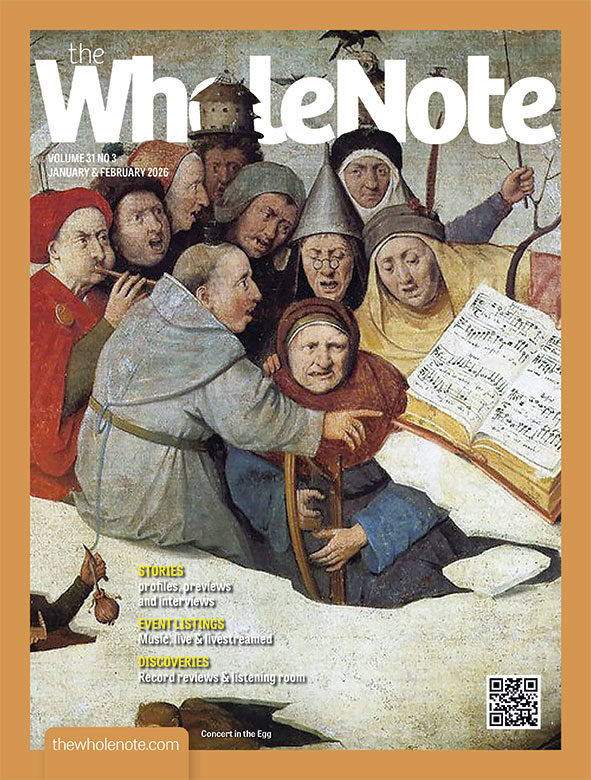2P4H
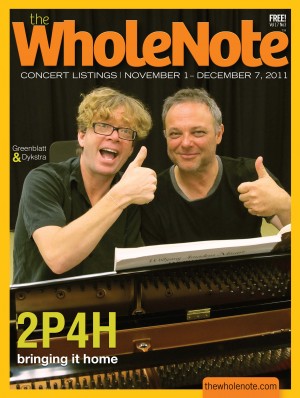 In this issue: “The Mirvish season also includes the return in the spring of 2 Pianos 4 Hands starring its creators and original stars, Ted Dykstra and Richard Greenblatt.”
In this issue: “The Mirvish season also includes the return in the spring of 2 Pianos 4 Hands starring its creators and original stars, Ted Dykstra and Richard Greenblatt.”
Jennifer Parr, p 13.
Flash back ten years, Vol 17 No 3, and you’ll find Dykstra and Greenblatt in a very nice Robert Wallace story, “bringing home arguably the most successful play in the history of Canadian theatre … opening on November 2 [2011] for a limited run at Toronto’s Panasonic Theatre, before it moves to Ottawa’s National Arts Centre in January”.
The show was already in its 15th season by 2011, featuring several different duos. “This is their first reunion since 2003” Wallace writes, “and, according to Greenblatt, probably their last.”
The hastily arranged photo shoot for the cover reflected the mood. One of them had a cold, they wanted to get on with rehearsing; nobody had told them. Five minutes. No time to plug anything in. They sat down at the piano and mugged. Bravely but having done this before.
“O.k. I’m done.” The wannabe famous photographer concedes defeat, and the two look up from the keys with a look of [click!] release, relief …. gratitude.
Note: the 700-seat Panasonic Theatre of 2011 (now dubbed the CAA Theatre) is still part of the Mirvish suite of theatres. But it is to the 2000-seat Princess of Wales Theatre on King St. W. that Greenblatt and Dykstra will return, March 19 2022, for a ten-years-since-their-last reunion, further final farewell appearance together in these roles.
Aline Homzy
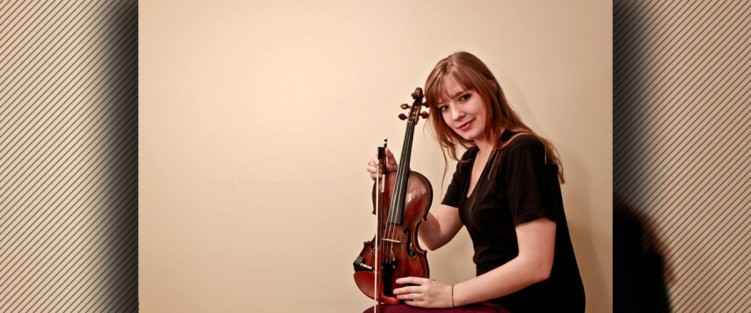 Then was April 2018 (Vol 23 No 7) – Sara Constant’s story titled Bitches Brew Anew - A Conversation with Aline Homzy.
Then was April 2018 (Vol 23 No 7) – Sara Constant’s story titled Bitches Brew Anew - A Conversation with Aline Homzy.
“When violinist Aline Homzy submitted an application to [2018’s] TD Toronto Jazz Festival Discovery Series for a project called “The Smith Sessions presents: Bitches Brew,” she had a lot of musical and linguistic history to reckon with. And when her application was selected, with a concert of the same name slotted for April 28 at the Canadian Music Centre’s Chalmers House in Toronto, she knew it would be a starting point for something new … a quadruple-bill show, featuring four different women-led ensembles fronted by Homzy, flutist Anh Phung, bassist Emma Smith and drummer/percussionist Magdelys Savigne.”
Flash forward three and a half years to November 17 2021 and Homzy’s focus has shifted again. In Reigniting a musical neighbourhood: Aline Homzy’s “Sounds of Davenport”, written for The WholeNote blog, Samantha Fink writes about Homzy’s recent project, which again digs deep, this time into the music life of her own neighbourhood.
Photo 2.2: Luanda Jones (R) and Chaveco (L), performing in Sounds of Davenport. CLAIRE HARVIE
Sounds of Davenport, Fink writes, “[is] a virtual concert, featuring 17 performances by 28 musicians from the Toronto Davenport riding, many of whom belong to the LGBTQ+ and BIPOC communities. From September 20-22, 2021, the musicians performed original music at the Paradise Theatre, where they were recorded by Homzy’s team; on October 23, these performances debuted together in an hour-and-a-half-long virtual compilation available on YouTube.”
The Midnight Court
In this issue:
A COC commission titled The Old Fools, by Ana Sokolović to a libretto by Paul Bentley is near completion, Lydia Perović informs us at the end of a conversation with Montreal-based Sokolović about her opera Svadba. “Sokolović collaborated on the shaping of the opera, across the Atlantic, with the original Svadba music director [Queen of Puddings Music Theatre founder/director] Dáirine Ní Mheadhra,” we are informed.
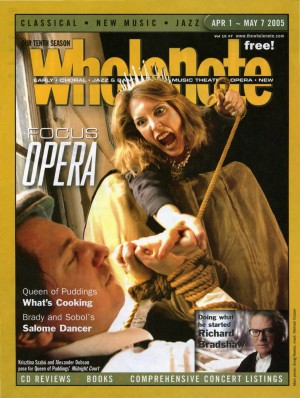 Flashback to April 2005: right when Ní Mheadhra and Queen of Puddings Music Theatre were in the process of putting librettist Bently and Sokolović together for their first collaboration,
Flashback to April 2005: right when Ní Mheadhra and Queen of Puddings Music Theatre were in the process of putting librettist Bently and Sokolović together for their first collaboration,
The Midnight Court.
“The Midnight Court, a new Canadian opera by the brilliant Montreal composer Ana Sokolović, with a libretto by Paul Bently of The Handmaid’s tale fame and based on a wild and famous 17th century Irish epic poem by Brian Merriman, a rambunctious and earthy tale ... will premiere at Toronto’s Harbourfront centre June 11 [2005],” we wrote back then.
Looking back now, Sokolović reflects: “What also made Svadba so easy to follow is, paradoxically, that it’s in the original language. When I composed The Midnight Court for Queen of Puddings, I needed to make the story legible. The pace is decided by the text: the opera must unfold at the speed of the text, and must follow our understanding of the text.”
Which direction will Old Fools have taken, we wonder, when eventually (sooner rather than later, we hope), it comes back into focus.
Postscript
Then: David Perlman in Vol 20 No 4 (Dec 2014), page 12, in a short piece titled “Survival Guide to the Season’s Messiahs”, writes “I remember hobnobbing with one of the region’s greatest boosters (and presenters) of the Messiah, Grand Philharmonic Choir’s former longtime conductor Howard Dyck in the lobby of the Four Seasons Centre for the Performing Arts. I think I said something about wondering what the secret was to the enduring popularity of Handel’s Messiah. As best as I can remember, his reply in a stage whisper was “It’s the music, stupid!”
And of course he’s right. It’s the music. And more than that, it’s the music’s ability to shift its shape and the size of its grandeur to accommodate almost any combination of musical forces – the bigger, the better.
This time last year: we were all variously riffing on the anomaly of “Sing-alone-Messiahs” …
Now: Will this be remembered as the year of the “Masked Messiahs” for those of us who dare to sing Hallelujah?
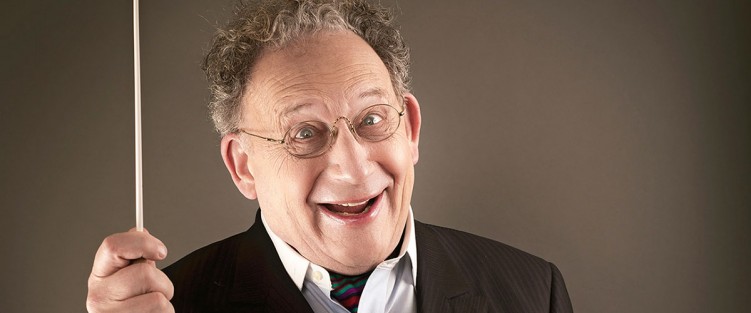 We were already deep in production on this edition when Boris Brott was killed in a hit-and-run accident, steps away from his home in Hamilton. The disbelief, shock and dismay from the arts community and beyond has been followed by a wave of affectionate stories on television, in mainstream print media and digital/social media – expressions of admiration and gratitude, reflecting Brott’s lifetime of enthusiasm and commitment, energetically making many kinds of great music accessible to all kinds of people.
We were already deep in production on this edition when Boris Brott was killed in a hit-and-run accident, steps away from his home in Hamilton. The disbelief, shock and dismay from the arts community and beyond has been followed by a wave of affectionate stories on television, in mainstream print media and digital/social media – expressions of admiration and gratitude, reflecting Brott’s lifetime of enthusiasm and commitment, energetically making many kinds of great music accessible to all kinds of people.


